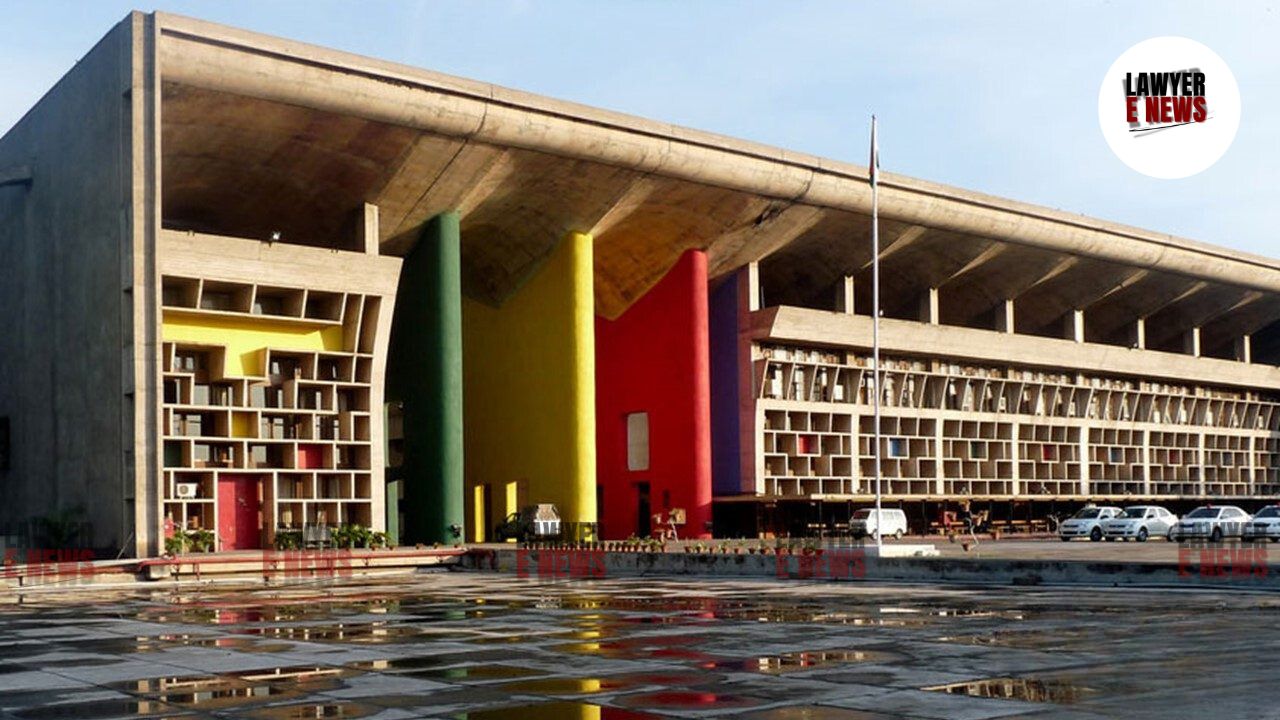-
by Admin
15 February 2026 5:01 PM



Punjab and Haryana High Court affirms conviction under Sections 279, 337, and 304-A IPC, emphasizing accountability for road accidents. In a significant judgment, the Punjab and Haryana High Court upheld the conviction of Rajender Singh for causing death and injuries through negligent driving. The court affirmed the decisions of the lower courts, emphasizing the need for strict punishment in cases of road traffic offenses. Justice Vikram Aggarwal delivered the judgment, rejecting the plea for leniency based on the age of the convict.
On the night of April 11, 1997, a Matador carrying 17-18 passengers on a holy trip from Sawar to Mathura was involved in a severe accident near Village Tumsara, Palwal. The Matador was struck by a tanker driven by the petitioner, Rajender Singh, in a rash and negligent manner, resulting in injuries to many passengers and the death of one Deepak, son of Ram Dhari Singal. The petitioner fled the scene but was later arrested. The Judicial Magistrate 1st Class, Palwal, convicted Rajender Singh under Sections 279, 337, and 304-A IPC, and the conviction was upheld by the Additional Sessions Judge, Faridabad.
The court noted that the petitioner-accused was identified by almost all witnesses, including the driver of the Matador, Jitender Kumar, who testified that he saw the petitioner fleeing the scene. The court dismissed the defense's argument regarding the absence of a test identification parade, stating that the petitioner had surrendered voluntarily, making such a parade unnecessary.
The defense argued that the witnesses' statements contained inconsistencies and that the Matador was overloaded, suggesting contributory negligence. However, the court held that minor discrepancies do not undermine the overall reliability of the witnesses. It also clarified that overloading of the Matador, while an offense, did not justify or excuse the rash and negligent driving by the petitioner.
Justice Aggarwal emphasized that defective investigation procedures do not exonerate the accused if the substantive evidence is trustworthy. The court cited precedents affirming that even if some investigation lapses occur, they do not invalidate the credible evidence provided by witnesses.
Justice Aggarwal remarked, "The minor discrepancies in the evidence should not be given undue emphasis; the evidence is to be considered from the point of view of trustworthiness." He further stated, "The identity of the petitioner-accused stands established through credible witness testimonies, despite procedural lapses."
The Punjab and Haryana High Court's judgment reaffirms the importance of accountability and strict punishment in road traffic offenses. By upholding the conviction of Rajender Singh, the court sends a strong message regarding the responsibility of drivers to adhere to road safety norms. This decision underscores the judiciary's commitment to justice and its role in addressing the increasing burden of road traffic injuries and fatalities.
Date of Decision: July 2, 2024
Rajender Singh vs. State of Haryana
